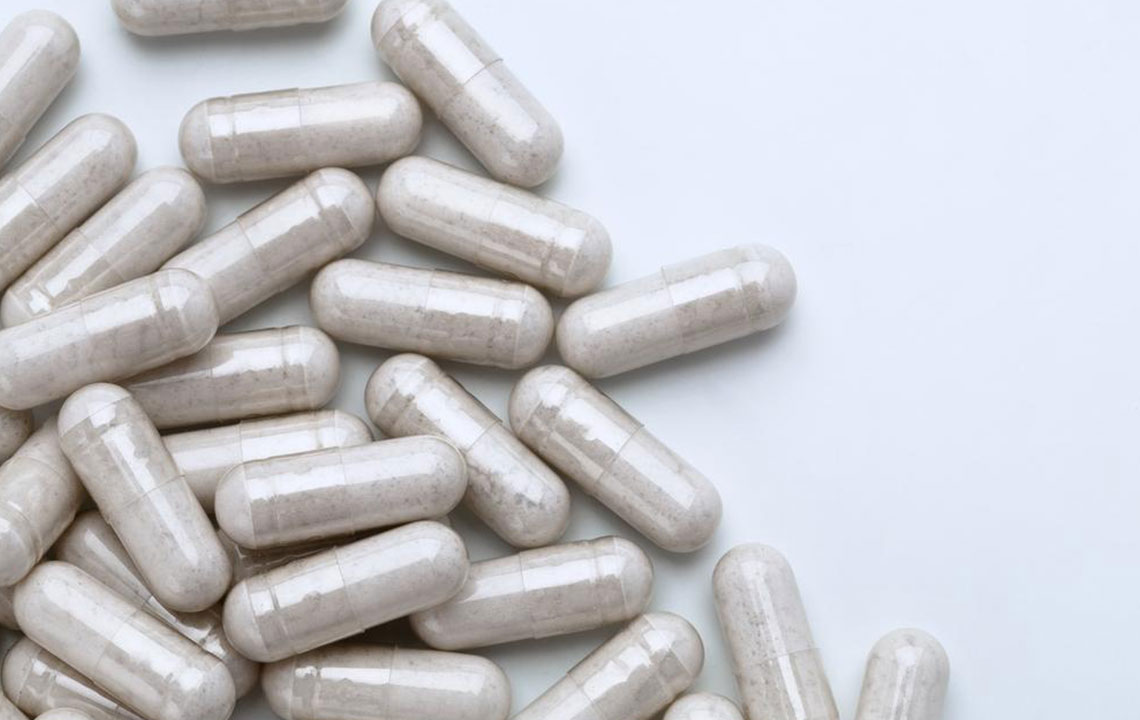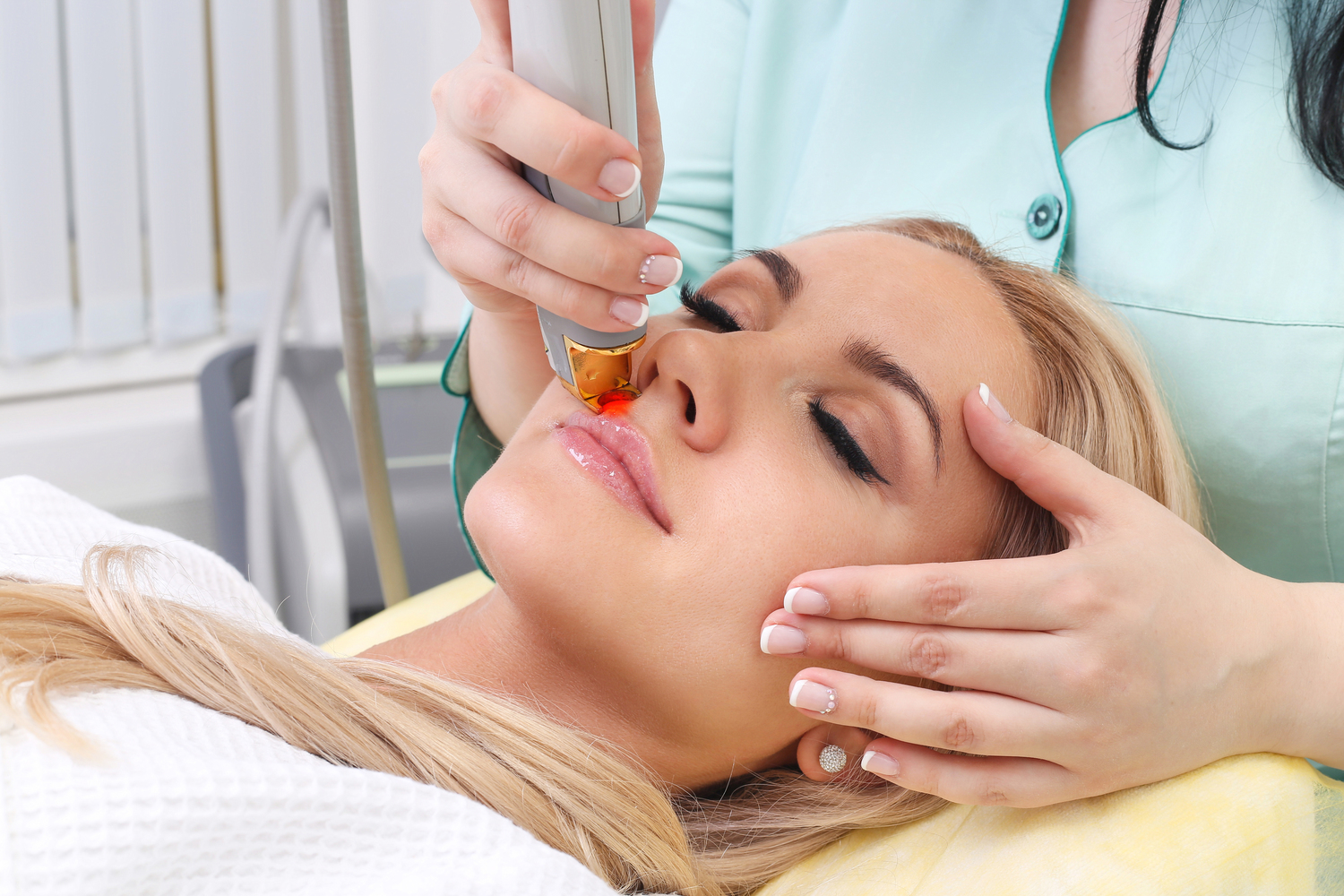Comprehensive Guide to Probiotics and Their Role in Supporting Women's Vaginal Health
This comprehensive guide explores the pivotal role of probiotics in supporting women's vaginal health. It highlights the importance of maintaining microbial balance through diet, lifestyle, and medical consultation. Rich in practical advice, the article emphasizes the interconnectedness of gut and vaginal health, offering insights into preventive care and treatment options to promote overall well-being and reproductive longevity. Discover how probiotics and prebiotics can help women maintain a healthy, infection-free vaginal environment for improved comfort and confidence.

The Crucial Role of Probiotics in Enhancing Women's Vaginal Well-Being
Within the human body lies an intricate community of over 100 trillion microorganisms that play vital roles in maintaining overall health and well-being. Among these microorganisms, approximately 50 distinct bacterial species colonize the female vaginal environment, forming a delicate balance essential for reproductive health. Maintaining the optimal balance of these bacteria, particularly the Lactobacilli species, is crucial because it directly influences the vaginal pH, immune response, and susceptibility to infections. Disruptions to this microbial harmony can lead to discomfort, infections, and broader health issues, highlighting the importance of supporting vaginal microbiota with targeted nutritional and lifestyle strategies.
The natural environment of the female vagina is characterized by an acidic pH around 4.2, primarily maintained by Lactobacilli bacteria. This acidity acts as a protective barrier against pathogenic microorganisms, neutralizing alkaline semen and preventing overgrowth of bacteria and fungi. However, various factors such as diet, hygiene habits, hormonal fluctuations during pregnancy, menopause, or the menstrual cycle can influence this delicate pH balance. An imbalance often manifests through symptoms like abnormal discharge, odor, itching, or discomfort, which may hint at conditions such as bacterial vaginosis, yeast infections, urinary tract infections (UTIs), or more serious concerns like HIV. Understanding the importance of maintaining vaginal microbiota balance is critical for overall women's health and reproductive longevity.
Dietary choices play an influential role in supporting a healthy vaginal microbiome. Incorporating probiotic-rich foods such as yogurt, kefir, kimchi, sauerkraut, kombucha, tempeh, and apple cider vinegar can promote beneficial bacterial populations. Prebiotics—fiber-rich foods like garlic, onions, bananas, and raw asparagus—serve as nourishment for probiotics, fostering a thriving environment for Lactobacilli. These dietary strategies not only support vaginal health but also contribute to gut health, immune function, and mental well-being—highlighting the interconnectedness of bodily systems. Moreover, lifestyle factors such as good hygiene practices, safe sexual behaviors, and stress management are essential components of maintaining microbial harmony.
For women experiencing recurrent infections or symptoms suggestive of imbalance, seeking medical advice is paramount. Healthcare professionals can diagnose underlying causes accurately and recommend appropriate treatment plans, which may include probiotic supplements or antibiotics if necessary. Preventive measures centered on diet, proper hygiene, and hormonal health support long-term vaginal health and overall comfort. Remember, proactive care and early intervention are key to avoiding complications and preserving reproductive vitality.
In conclusion, probiotics offer a promising natural approach to maintaining and restoring vaginal microbiota balance. Emphasizing the importance of diet, lifestyle, and professional guidance can significantly improve women's reproductive health outcomes. By adopting these strategies, women can enhance their well-being, reduce discomfort, and foster a healthier vaginal environment. The journey toward optimal health begins with understanding and nurturing the microbiome—your body’s first line of defense!





